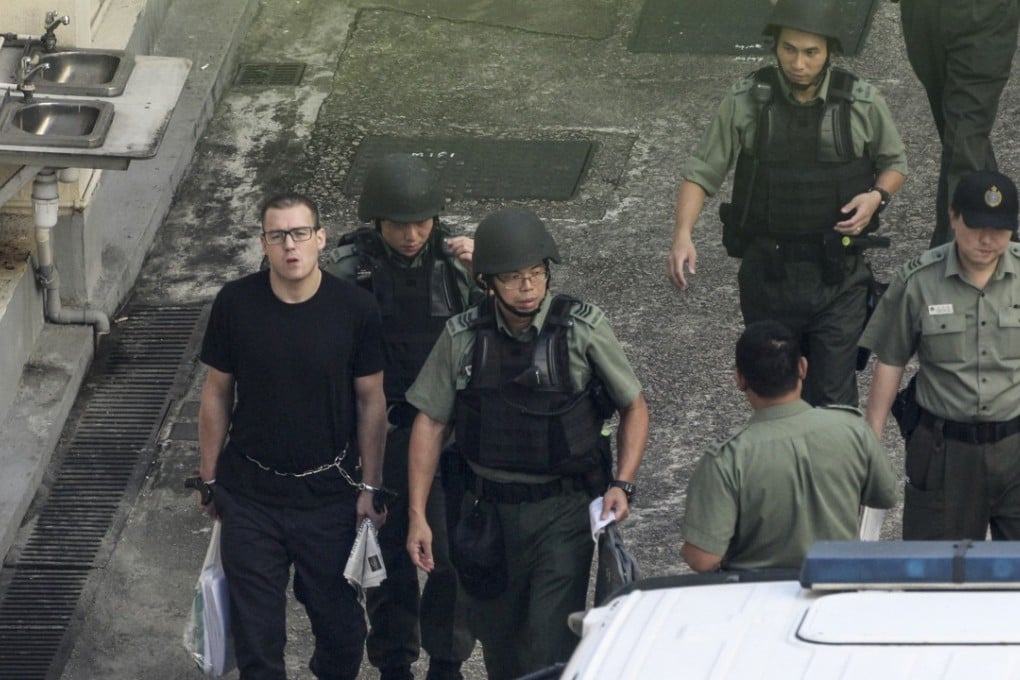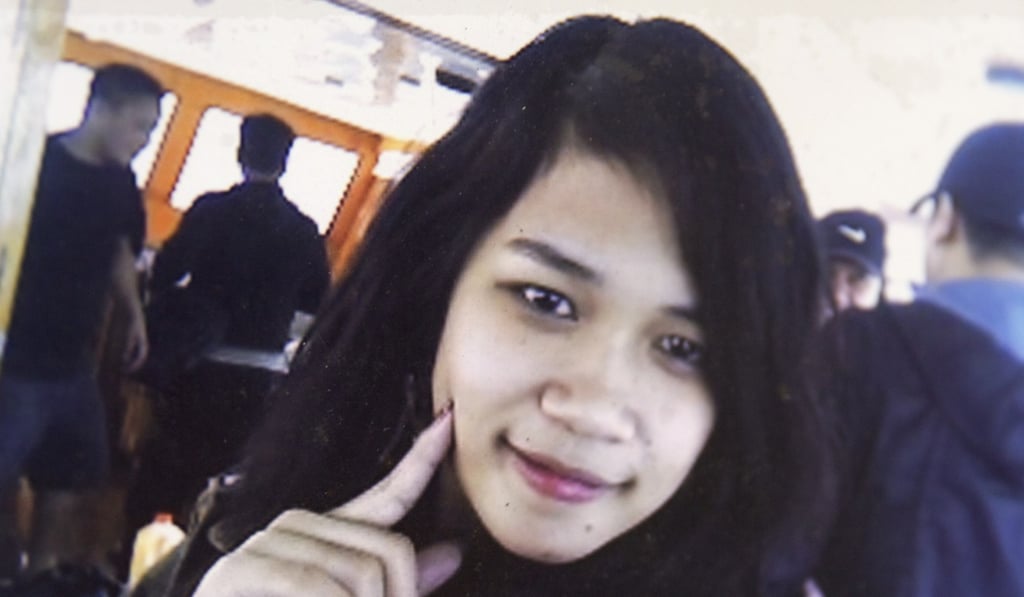British double murderer Rurik Jutting loses bid to take appeal to Hong Kong’s top court
Former banker can still apply directly to Court of Final Appeal for permission to appeal against his conviction

An appeal bid by Rurik Jutting, the Briton jailed for life over the brutal murders of two Indonesian women in Hong Kong, was dealt another blow on Wednesday, when an appeal court refused to give him the green light to take the case to the city’s top court.
On Wednesday, the Court of Appeal refused his bid, saying Jutting’s case was not one involving “a point of law of great and general importance” – a requirement for the court to give its blessing.

The Cambridge graduate is not out of options, however, as he can still apply directly to the Court of Final Appeal for permission.

Jutting, 32, was jailed for life by the High Court on November 8, 2016, after a nine-member jury unanimously found him guilty of the drug- and alcohol-fuelled murders of the two women.